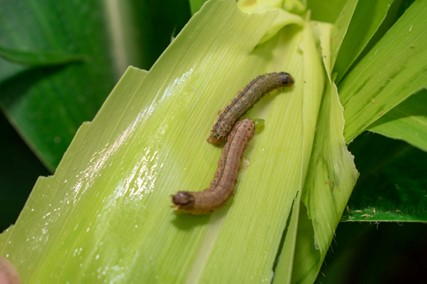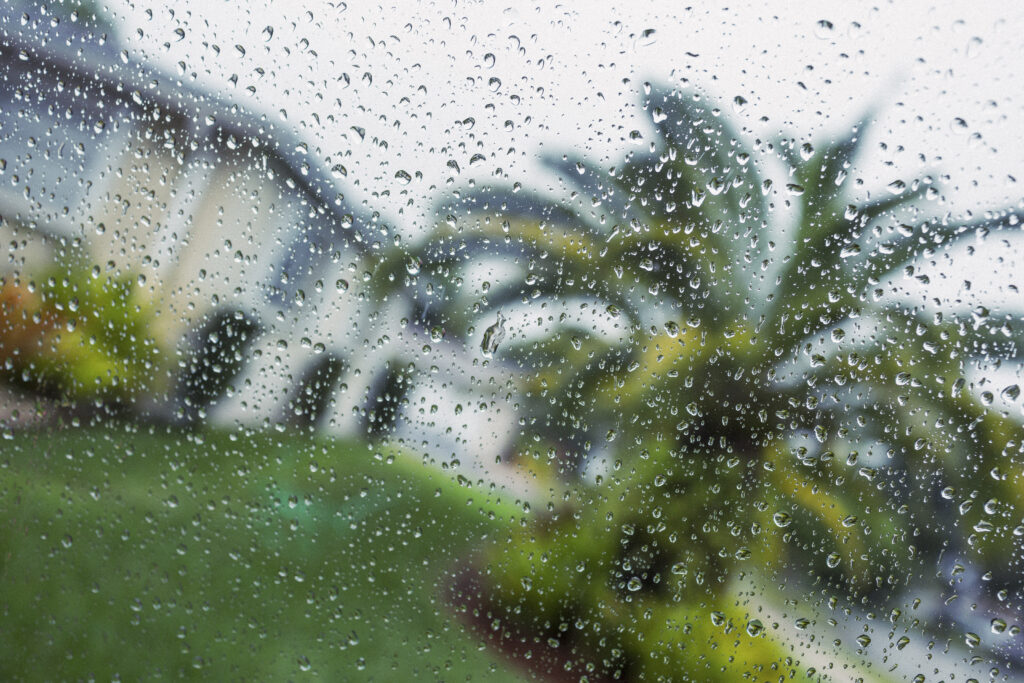Maintaining a healthy lawn can be a rewarding endeavor, but it comes with its share of challenges. One of the most formidable foes in lawn care is the armyworm. These pests can cause extensive damage in a short period, leaving your yard looking like a battlefield. At Lawn Squad, we’re committed to helping you keep your lawn healthy and vibrant. Here’s everything you need to know about preventing armyworm infestations.
What Are Armyworms?
Armyworms are the larvae of a moth species. They are known for their voracious appetite and tendency to travel in large groups, which is why they are called “army” worms. These pests primarily feed on grasses and can devastate a lawn in a matter of days if not controlled.
Signs of an Armyworm Infestation
Early detection is crucial in managing army worms. Here are some signs to look out for:
- Browning or Thinning Grass: Army worms feed on the blades of grass, causing patches of brown or thinning turf.
- Bird Activity: Birds love to feed on army worms, so an increase in bird activity on your lawn could indicate an infestation.
- Visible Larvae: Look for small, caterpillar-like larvae that are green, brown, or black with stripes running down their sides.
Prevention Tips
Preventing armyworm infestations involves a combination of cultural practices and proactive measures. Here’s are some ways you can protect your lawn:
1. Maintain a Healthy Lawn
A healthy lawn is more resistant to pests. Regular mowing, watering, and fertilization strengthen your grass and make it less appealing to army worms. Keep your grass at an appropriate height to discourage larvae from settling in.
2. Use Resistant Grass Varieties
Some grass species are more resistant to armyworms than others. Opt for grasses like Bermuda or Zoysia, which have a tougher texture and are less attractive to these pests.
3. Monitor and Scout
Regularly inspect your lawn for signs of armyworms. Early detection allows for quicker intervention. You can use a soapy water flush (mix a few tablespoons of dish soap with a gallon of water and pour it over a small section of your lawn) to bring the larvae to the surface.
4. Biological Controls
Beneficial insects such as ladybugs, lacewings, and parasitic wasps can help control army worm populations. Encourage these natural predators by maintaining a diverse landscape with a variety of plants.
5. Apply Insecticides
If you detect an army worm infestation, timely application of insecticides can be effective. Products containing Bacillus thuringiensis (Bt), spinosad, or synthetic pyrethroids can be used. Always follow label instructions and consider the impact on beneficial insects.
In conclusion, armyworms can be a formidable adversary, but with vigilance and proper care, you can protect your lawn from their destructive habits. At Lawn Squad, we believe in empowering you with the knowledge and tools needed to maintain a beautiful, thriving lawn. For more tips and expert advice, visit Lawn Squad. Together, we can keep your lawn looking its best, season after season.






